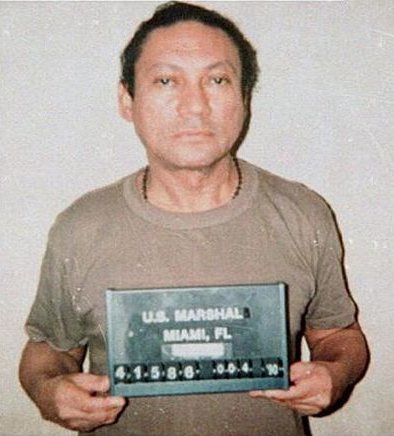Thank you for your questions, your honor.
Let me take your second question first: because
you asked us to appear on behalf of the government. (See Post #36).
As to your first, the very same authority
you were relying on to ask us whether head-of-state immunity applies here. Your honor, I'd refer you to the bench memo your clerk probably drafted for you, that might look something like this:
Head-of-state immunity is a doctrine of customary international law. Generally speaking, the doctrine maintains that a head of state is immune from the jurisdiction of a foreign state's courts, at least as to authorized official acts taken while the ruler is in power. Like foreign sovereign immunity, head of state immunity is based upon the notion of comity between independent states. Any immunity enjoyed by a sitting head of state or retained by a former head of state belongs to the foreign sovereign and not the individual. Thus, head of state immunity may be waived by the foreign state.
The doctrine of head-of-state immunity is applied in the U.S. as a matter of customary international law and as an incident of the executive branch's authority in the field of foreign affairs. The U.S. Supreme Court first recognized this doctrine in The Schooner Exchange. This case, which held that an armed ship of a friendly state was not subject to jurisdiction in the U.S., came to be regarded as extending virtually absolute immunity to foreign sovereigns. Although the absolute immunity of foreign states has been affected by case law and by passage of the Foreign Sovereign Immunities Act (FSIA), the U.S. State Department retains the authority to assert immunity for diplomatic personnel, including foreign heads of state.
Federal courts have continued to hold that foreign heads of state retain absolute immunity from suit in U.S. courts.
“Head of state immunity is not a common law privilege, but one that arises out of considerations of international comity. Any immunity granted to an alien within the borders of another country is a privilege granted by the receiving state. The extent of the immunity is informed by the receiving country's commitment to certain international compacts and by considerations of reciprocity. Head of state immunity has been afforded to foreign heads of state pursuant to a suggestion of immunity by the State Department. No independent judicial source for head of state immunity appears to exist.”[ Agapita Trajano v. Marcos, 1986 U.S. Dist. Lexis 22541 (D. Haw. 1986)].
Head-of-state immunity is a doctrine of customary international law. Generally speaking, the doctrine maintains that a head of state is immune from the jurisdiction of a foreign state's courts, at

definitions.uslegal.com
My friend on the other side of the aisle might want to seize on the exception language--"at least as to authorized official acts taken while the ruler is in power" since that exception appears to apply here. That is a murky area of the law, to be sure. But I'd remind you that: Saudi Arabia still sits on what in Latin is known as a
shittus tonnus of oil, and that your honor [CoH] has previously correctly identified energy as one of the most important issues facing the world right now and so is a very important matter of U.S. foreign policy, over which the Constitution gives the Executive branch authority, not the Courts. The Executive branch has made its decision and this Court should honor that decision. Any accountability for this decision will lie with the people during the next election.
I cede the rest of my time to my co-counsel, SexyGoat.


